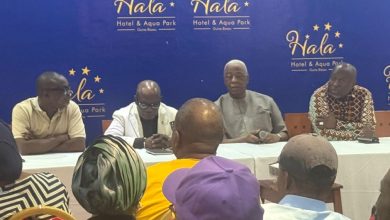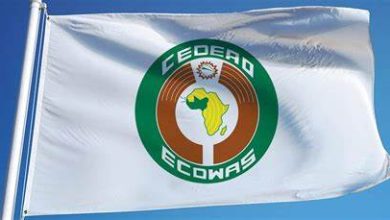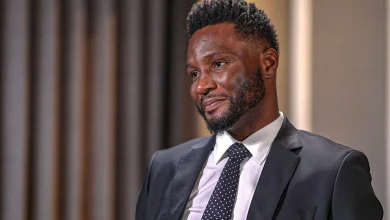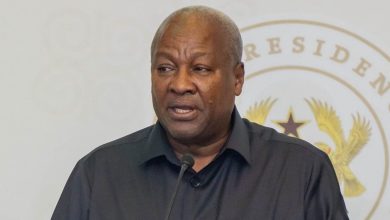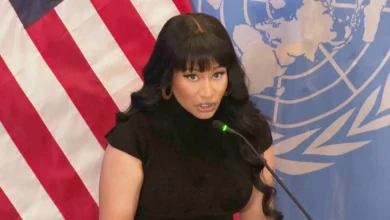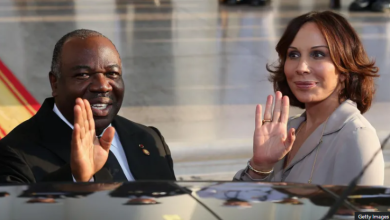Pan-Africanism demands leadership beyond personalities – Trevor Mwamba
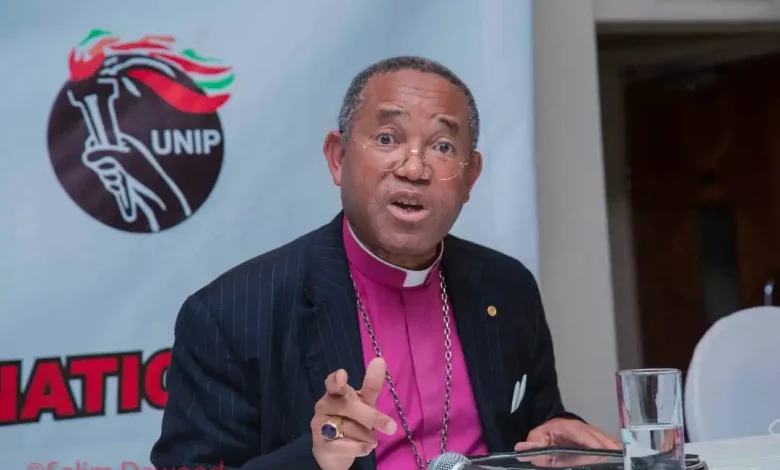
Right Reverend Musonda Selwyn Trevor Mwamba, Anglican Bishop, Pan-Africanist, and leader of Zambia’s oldest political party, the United National Independence Party (UNIP), has called for a new era of African politics anchored in principles, enduring leadership, and the spirit of unity that inspired the continent’s independence struggles.
Speaking on the Asaase Breakfast Show on Monday (18 August), Rev Mwamba described Ghana as his “second home,” drawing on historical, cultural, and personal ties that bind Zambia and Ghana.
He recalled how Zambia’s founding leaders—including Kenneth Kaunda—drew inspiration from Ghana’s independence in 1957 and the landmark All Africa People’s Conference held in Accra in 1958.
“Ghana is like the Zambia of West Africa, and Zambia is the Ghana of Southern Africa,” he said, noting the shared temperament and pioneering role both countries played in Africa’s decolonisation.
Rev. Mwamba, who now leads the party that ushered Zambia into independence, said the recently adopted Accra Declaration, born out of the African Political Parties Summit, must serve as a turning point for the continent.
He outlined three key principles from the 10-point declaration:
Ending small politics – rejecting petty rivalries and short-term gains in favour of politics rooted in vision and principle.
Building enduring leadership – strengthening laws and institutions that can withstand changes in government.
Putting the nation above self – ensuring political parties only exist to serve citizens.
Citing examples from Zambia’s history, he warned against the destructive cycle where new administrations dismantle their predecessors’ achievements, undermining national progress. “Whichever party comes in, whichever leader you follow, development must continue—it should never be about personalities,” he stressed.
The Zambian cleric-turned-politician, who once served as Bishop of Botswana, linked his political calling to his pastoral vocation. “I see myself as a bishop of politics—bringing ethical values into governance. Politics, like the church, must uplift people and serve their dignity,” he explained.
On the question of youth disillusionment with politics, Rev. Mwamba urged African leaders to embrace inclusive systems of governance inspired by traditional African practices such as Botswana’s kotla, where every voice is heard. “The youth are the soul of any nation. At independence, Kaunda was 39, his cabinet were in their 30s, and ambassadors were in their 20s. Africa must again give the youth a seat at the table,” he said.
Turning to Pan-Africanism, he argued that today’s leaders must move beyond colonial-era divides—Francophone, Anglophone, and Lusophone—and return to the founding vision of unity. “The colonial enterprise was about divide and rule. Kwame Nkrumah’s warning still holds true: Ghana’s independence was meaningless unless the rest of Africa was free. That unity is what we must reclaim,” he said.
For Rev. Mwamba, the task ahead requires sacrifice and selflessness. “If political parties cease to serve the needs of the nation, they should cease to exist,” he said, echoing Botswana’s former president Sir Ketumile Masire.
The UNIP leader concluded that Africa’s destiny lies in a generation of leaders who prioritise the collective good. “Pan-Africanism is not nostalgia—it is a practical roadmap for Africa’s future. We must build institutions that outlive us and unite to develop the Africa we want,” he said.

